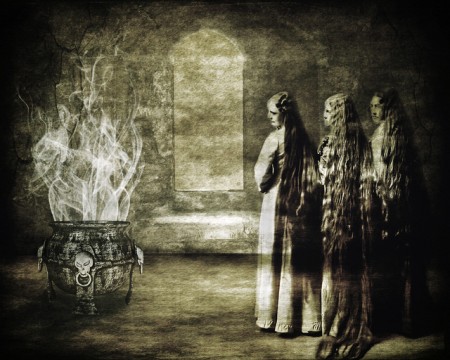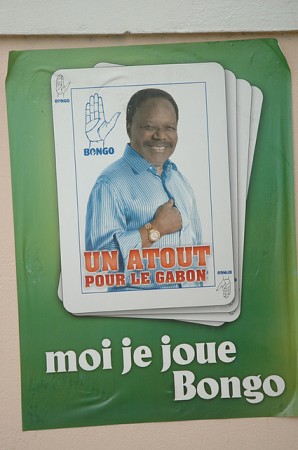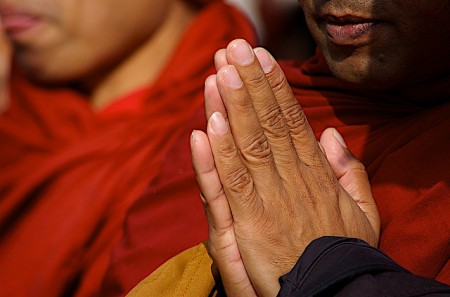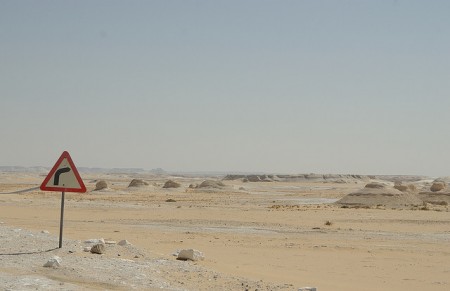
Politicians in Romania are currently debating a bill which will inescapably change the lives of the country’s witches, fortune tellers and soothsayers. Only one month after the Romanian Parliament changed the country’s labor laws to officially recognize the centuries-old practices as taxable professions, the nation’s witches & co. are cursing a new bill that threatens fines or even a prison sentence if their predictions do not come true. In addition, the law will make them carry permits and provide receipts, and forbid magic weavers from carrying out their work near churches or schools.
This move by the Romanian officials does come as a surprise (to some of us, at least). Witchcraft has been part of Romanian (sub-)culture for centuries. Nevertheless, the lives of witches, astrologers and other forms of spiritual mediums have always been tough, to say the least. Under the Communist regime of Nicolae Ceausescu, the supernatural industry was even banned and its adherers prosecuted. Only in the 1990s the witches re-emerged to carry on their craft in freedom.
Today, superstition is considered a serious matter in the land of Dracula, and officials regularly turn to occultists for help – not least to help the impoverished country collect more money and crack down on tax evasion. It is thus hardly surprising that the country’s sitting president, Traian Basescu, is known internally to wear purple on certain days in an attempt to ward off evil.




